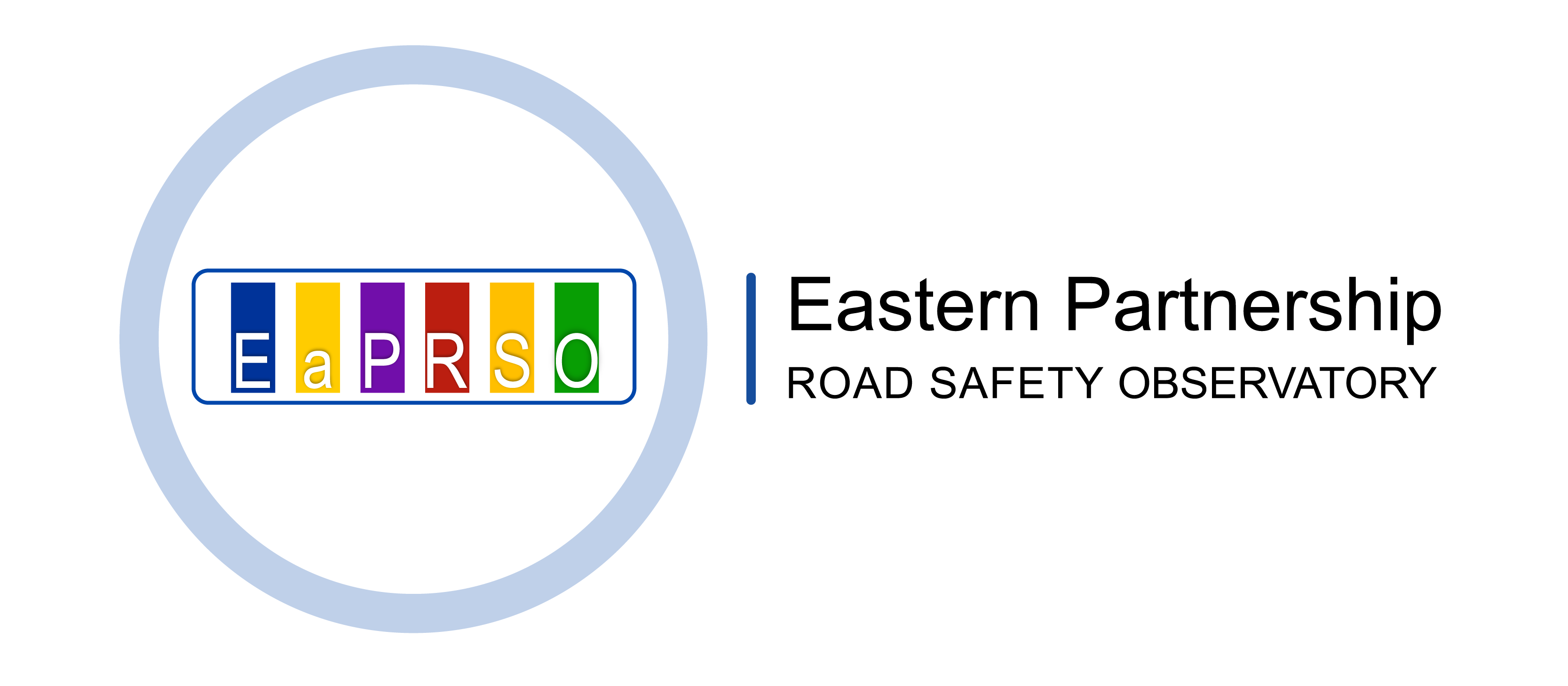One of the core objectives of the EaP RSO is to unify and simplify data collection across the region based on CADaS and Mini-CADAS processes and make this available to decision makers to support data-led policy development.
CADaS (Common Accident Data Set) refers to the minimum set of standardised data elements used by European Union member states to compare road crash data. As of 2011, it has been the only supported model for data across Europe.
CADaS covers a total of 73 variables and 471 values which are divided into four basic categories: Accident (A), Road (R), Traffic Unit (U), and Person (P). Mini-CADaS is a simplified version of covering around 25 variables.
It is implemented on a voluntary basis with national data being submitted to the EU’s CARE database for deeper analysis and reporting. Countries can choose to adopt as many CADaS variables and values as they wish. The adoption of the CADaS process enables countries to enhance their own national data collection as well as providing better comparisons to other countries and underpins evidence-based road safety interventions.
CADaS offers a holistic approach to road safety data collection and analysis and supports a Safe System Approach. It is also recognised by the WHO, World Bank and others as one of the leading methodologies for road crash data collection and management.
The goal of the Observatory is to support participating countries in adopting Mini-CADaS and CADaS systems for road safety data collection which will feed in to a centralised regional database hosted at the ISET Policy Institute. The Observatory’s Data Team is responsible for simplifying and standardising aggregated data which will be made accessible to EaP RSO members for policy analysis through policy reports and the EaP RSO website. Country-level data will remain strictly confidential via the Member’s portal of the website but it will be presented in a clear, user-friendly format to support national level decision making and communication.*
Decision making in road safety management is highly dependent upon road safety data. The use of reliable data to identify problems and target resources is a key element of the Safe System Approach to road safety and vital to make roads safer for all users. Accurate and detailed road crash data helps stakeholders assess issues and solutions such as: analysing risk factors; pinpointing priority issues; formulating strategy and policy; setting targets; monitoring progress and evaluating impact. Without long term, data-led management of road safety, there will not be a reduction in exposure to crash risk, injuries, or deaths.
Through improving the quality of systematic and consolidated data collection on road traffic deaths and serious road injuries, the EaP RSO seeks to reduce road casualties in line with best EU and international practices.
* Unless otherwise agreed, all country-level data is shared with the Observatory via a secure portal and is treated as strictly confidential. Raw data can only be accessed by authorised members of the EaP RSO data team. This data contains no personal information.



